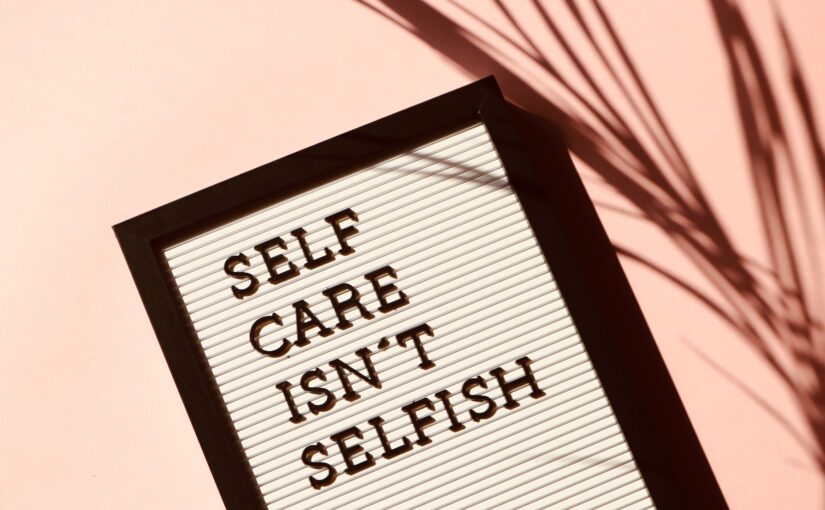You have a child who is ready to head off to college. It’s a little scary for mom. But chances are your son or daughter is excited to get started. The freshman year of college is an exciting time for you and your child. But you are invested in making sure they have a successful year when they get to college.
In this article, we will share 10 tips to help your child have a successful freshman year.
10 Tips For Success
1. Talk to your child about their expectations for college
What do they hope to accomplish during their freshman year? What are their goals for their education overall? By having these conversations, you can help your child set realistic expectations for themselves and better prepare for the challenges they may face during their first year of college.
It will also help you understand their goals and help manage your expectations. If their goal for the year is to enjoy the freedom of living in a dorm and experiencing all that the college social scene has to offer, then you will know that they are going to spend some time at parties and tailgates and that it will most likely keep them from getting the best grades. That’s okay as long as you both understand what the goals are.
2. Help your child choose the right college
Not all colleges are created equal. There are a variety of factors to consider when choosing a college, such as size, location, cost, majors offered, and campus culture. You can help your child research different colleges and find the one that is the best fit for them. It is not unusual for a student to change their mind even a few weeks before they leave for college. Make sure you understand what their options are.
3. Encourage your child to get involved on campus
College is more than just academics. It’s also a time to explore new interests and make lifelong friends. Encourage your child to get involved in extracurricular activities and find their niche on campus. It’s usually in these activities that they find their best friends. But also remind them that it sometimes takes time. They may not find their favorite activity until their sophomore or even junior year. Just keep trying. Most colleges have something for everybody.
4. Help your child budget their time and money
College can be expensive, so it’s important for your child to budget their money wisely. They should also budget their time, as they will need to balance their coursework with their social life and extracurricular activities. You can help your child by teaching them how to create a budget and stick to it.
5. Teach your child how to study effectively
In college, your child will need to study more efficiently than they did in high school. They should create a study schedule and find a quiet place to study where they can focus. You can help your child by teaching them effective studying techniques and providing them with resources, such as flashcards and practice tests. Also, teach them to take advantage of office hours. This is one thing most students don’t take advantage of.
6. Encourage your child to take care of their health
College is a time when students are more likely to develop health problems, such as anxiety, depression, and eating disorders. It’s important for your child to take care of their physical and mental health. You can help them by teaching them healthy habits, such as exercising regularly and eating a balanced diet. You should also encourage them to seek help if they are struggling with their mental health.
7. Help your child stay organized
In college, your child will have a lot of assignments and deadlines to keep track of. They should create a system for organizing their coursework, such as using a planner, calendar, or creating a to-do list. Many students find the iStratus app helpful because they can keep checklists, notes, and even photos all in one place.
8. Encourage your child to network
College is a great time for your child to make connections that could benefit them in their future career. Encourage them to attend networking events and meet new people. You can also help them by teaching them how to network effectively.
9. Help your child find a job or internship
A part-time job or internship can help your child pay for college and gain experience in their field of interest. Help your child search for jobs and internships that are a good fit for them. You can also help them by teaching them how to write a resume and cover letter. Also, teach them the importance of leaning on the resources the school offers. The Careers Center at most schools has options you might not even know about.
10. Be there for your child
College can be a difficult time for some students. They may feel homesick, stressed, or overwhelmed. It’s important for you to be there for your child during this time. You can support them by staying in touch, offering words of encouragement, and being understanding of their situation.
In a future post, we will share some ideas for learning to leave as an empty nester. But for now, remember, this should be an exciting time for you and your child. But it’s okay to be a little sad as well. It’s bittersweet, watching your baby leave the nest.









